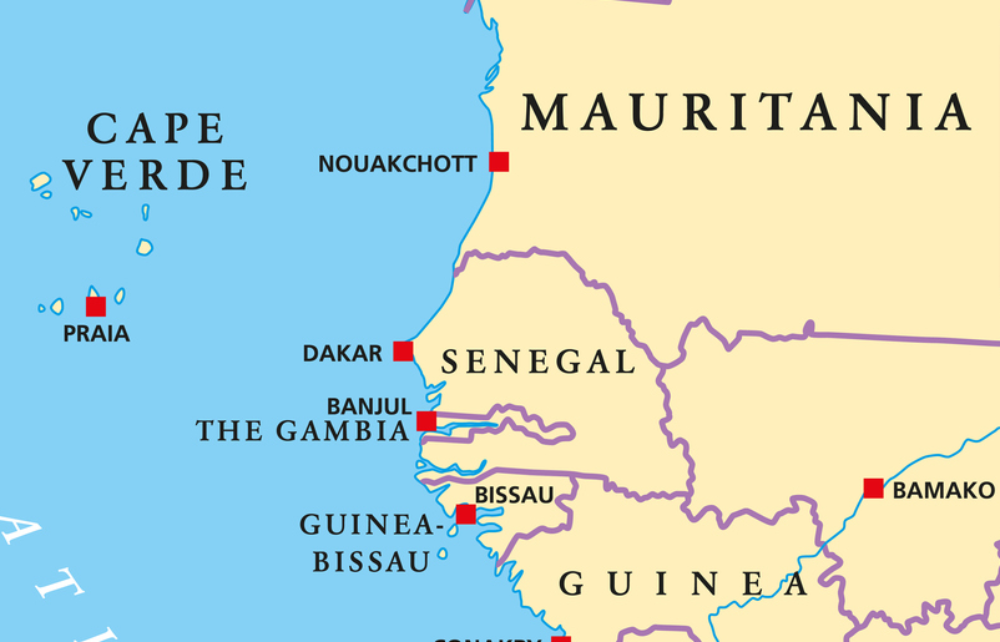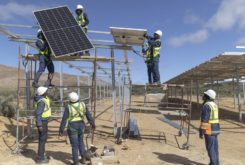The economic crisis generated by the Covid-19 pandemic exposed Cabo Verde´s “high vulnerability to external shocks”, especially from Europe, according to the Economist Intelligence Unit (EIU).
Remittances constituted 11.7% of the country’s GDP in 2019, and have been hit by the coronavirus (Covid-19) pandemic crisis, exposing “Cabo Verde’s high vulnerability to external shocks, especially from Europe, which is not only an important source of remittances but also the main market for the country’s economic mainstay, tourism”, the EIU adds.
A recent report by the Joint Research Centre of the European Commission found that 31% of Cabo Verdeans rely to a greater or lesser extent on remittances for their survival, which is among the highest rates of any African country.
As some 700,000 nationals permanently live outside the country, Cabo Verde has a diaspora that is significantly larger than the size of the population living in the country (estimated at about 560,000).
The largest group (of about 200,000) live in the US, followed by Portugal, with some 100,000.
The EU announced last month that it will ease visa application terms for Cabo Verdeans, reducing the visa fee, easing the possibility of obtaining a multiple-entry visa with a longer period of validity and simplifying the list of required supporting documents.
The European Commission’s announcement was broadly welcomed, and was hailed by the Cabo Verdean government as a victory for the country’s diplomacy.
“The easing of EU visa terms sits within the parameters of a long-standing EU-Cabo Verde cooperation effort, in which migration by Cabo Verdeans has always played a central role. This is especially significant in view of the high dependence of Cabo Verdeans on remittances, a considerable portion of which comes from Europe”, the EIU adds.
In its latest report on Cabo Verde, the EIU says the easing of visa rules “is likely to offer more Cabo Verdeans the opportunity to work in the EU and thus lead to higher remittances”, though it is not expected to have an economic impact this year.
“We expect the EU’s economic recovery to be modest in 2021, which will constrain the recovery in Cabo Verde’s remittances and tourism sector”, the report adds.
The report predicts a “steep rise in unemployment in 2020” that “will raise public discontent, leading to sporadic protests in 2021-22”, and that real GDP will have contracted by 8.1% in 2020 as the coronavirus crisis restricts tourism, investment and trade from Europe. Growth will return and average 3.7% a year in 2021-22 as external conditions improve, it adds.
The fiscal deficit will narrow from an estimated peak of 10.3% of GDP in 2020 to 8% of GDP in 2021 and 5.5% of GDP in 2022, as revenue recovers in line with rising economic activity and as health-related spending pressures subside, according to the EIU.




